Natural material from Slovakia
When developing NonOilen, we applied an uncompromising approach. We wanted to produce an ecological, biodegradable, compostable material without using any petroleum polymers. It worked!
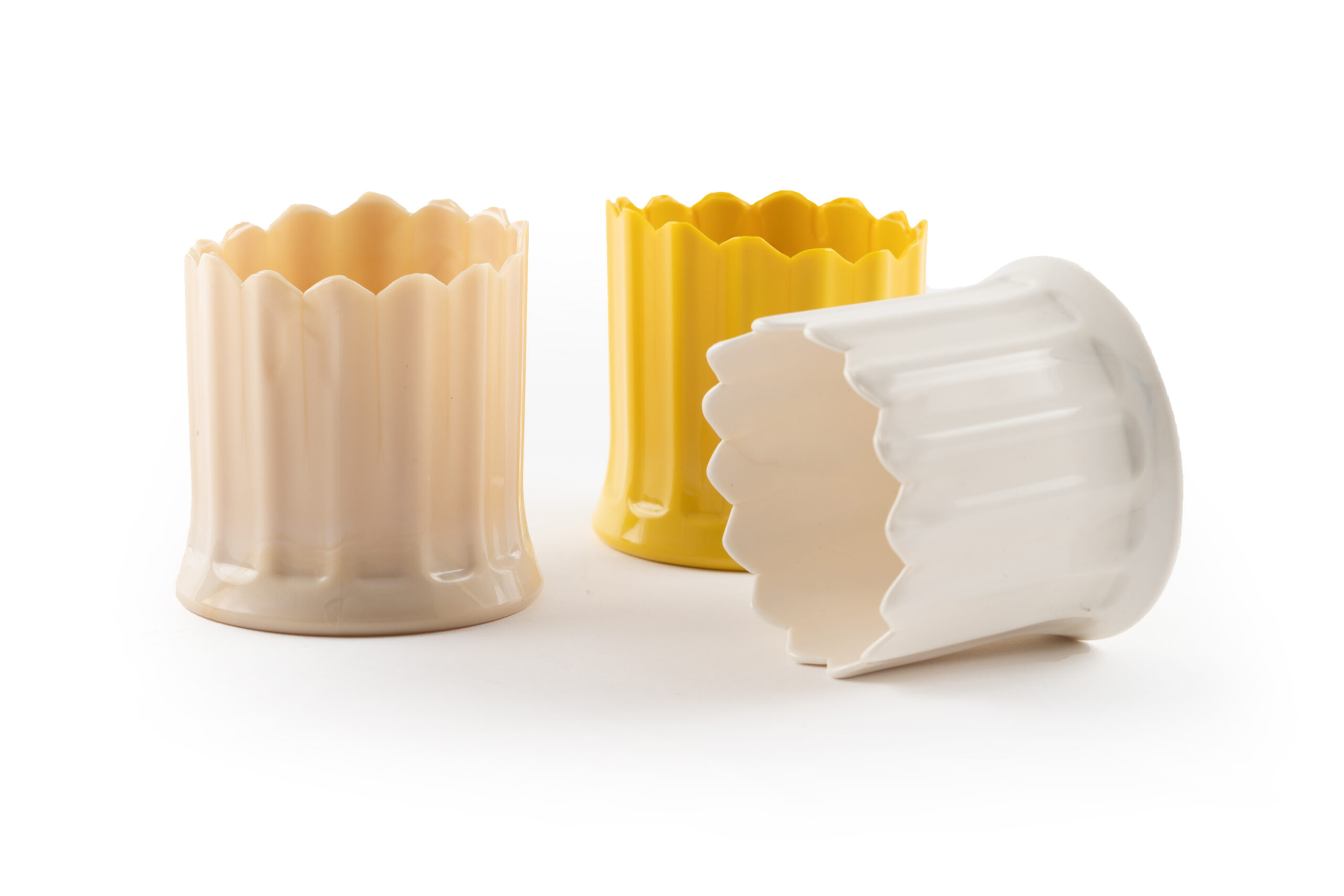
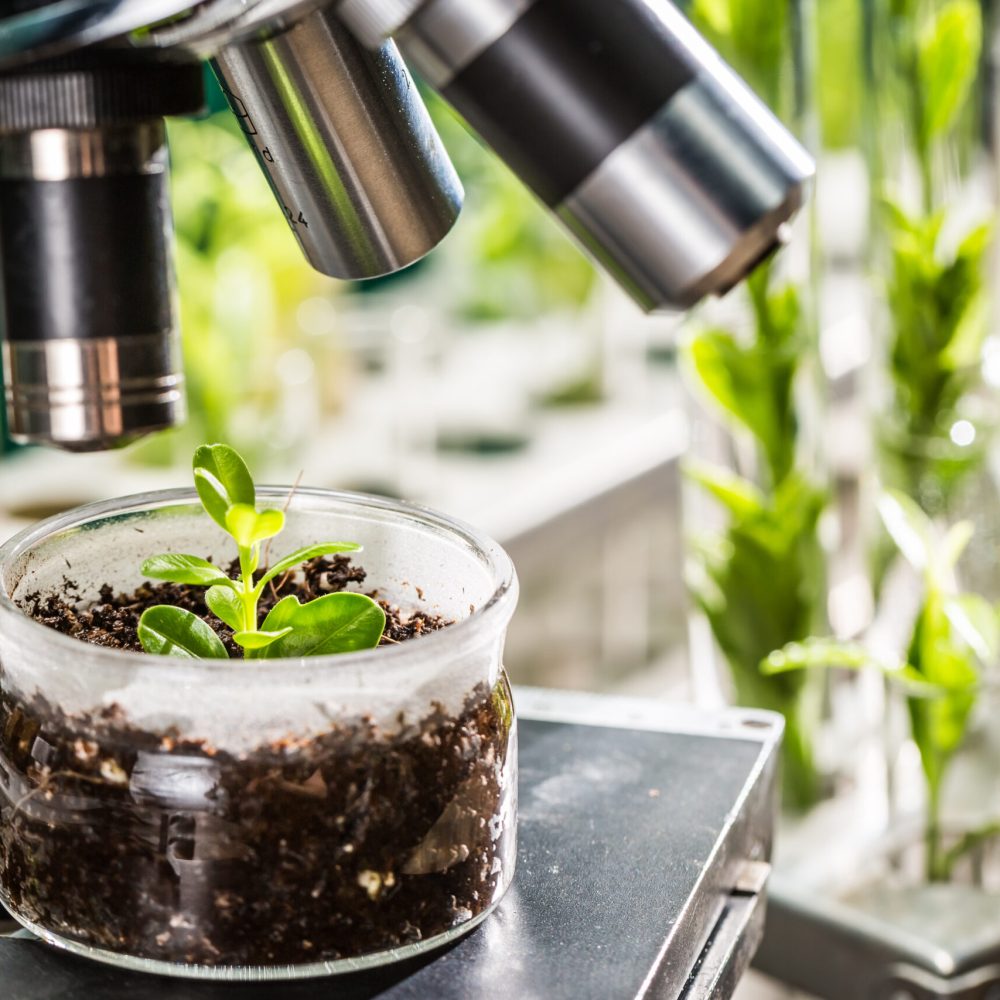
Decomposition without microplastics
When the NonOilen product reaches its end of life, it can be fully composted. Some classes that are designed for it, will spontaneously decompose in the soil. The material is unique in that it is fully biodegradable. We also checked its decomposition in industrial compost in real life conditions. After its decomposition, no microplastics are formed, the material is completely transformed into biomass suitable for further use.
We have found a solution to produce a natural material without having to make ecological compromises.
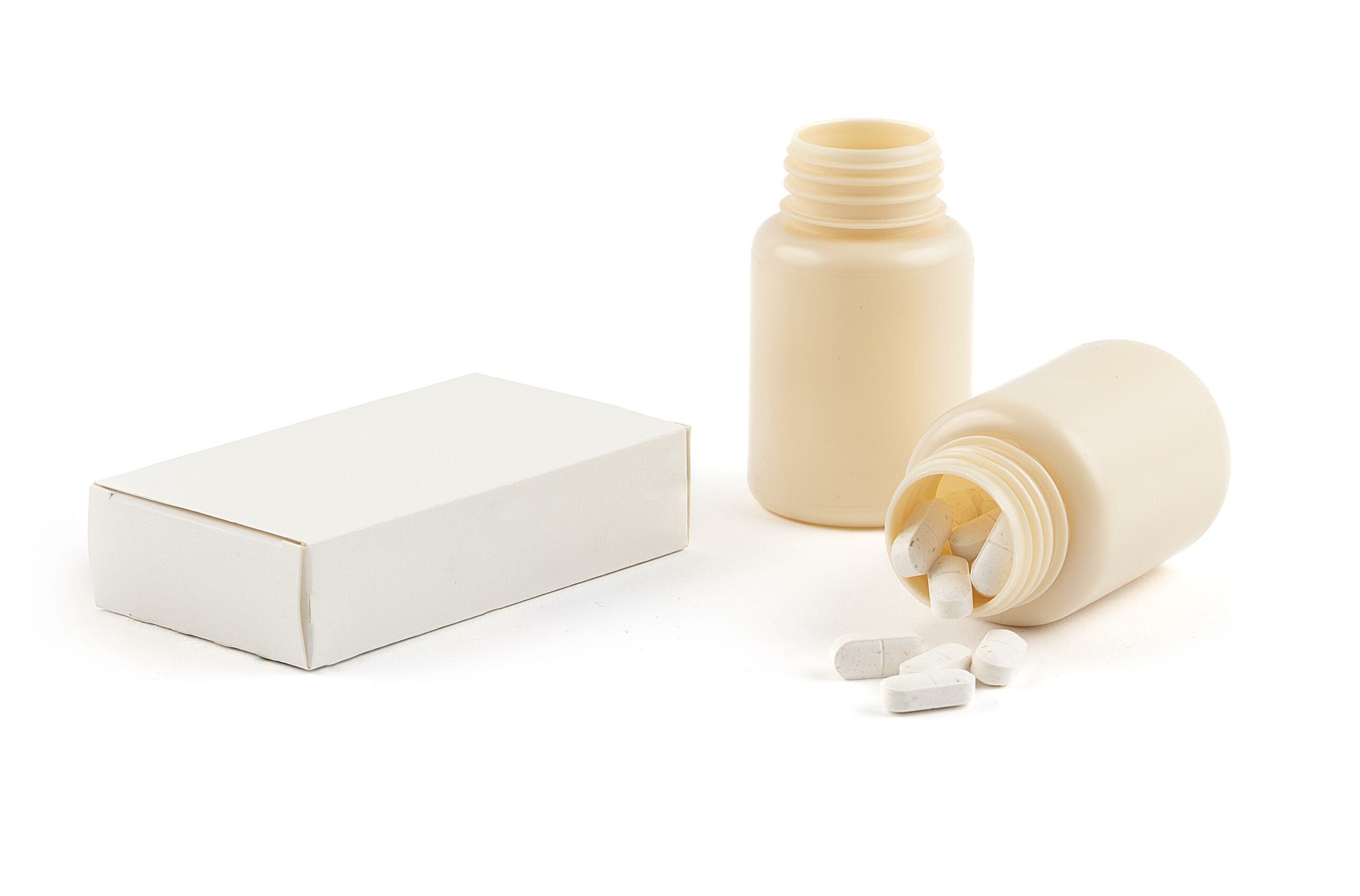
NonOilen life cycle
1
Biomass
All the basic building blocks from which NonOilen® is produced come from renewable sources, primarily biomass. The raw material for the polymers needed for NonOilen production is the soil.
2
Know-how
Our know-how consists of combining the renewable raw materials so that the resulting material gets the desired properties, as similar to traditional plastics as possible.
3
Granulate
The customer has a choice of several classes and types of NonOilen®, granulate that meet their production needs. In addition, NonOilen® can be custom developed according to specific client requirements.
4
Products
We supply the material, the customer produces the products. NonOilen products can replace commercial synthetic plastics intended for both single-use and repeated use, especially in packaging technology or the gastro sector.
5
Composting
At the end of its life cycle, a product belongs in compost or composter, not in municipal waste. Depending on the NonOilen class, it is necessary to choose between a home or industrial compost. Special types can be left to decompose in the soil.
6
Biodegradation
NonOilen products decompose in a biologically active environment (compost, soil) without forming residues or microplastics. Decomposition is supported by practical tests in industrial composting plants and analyses in laboratories.
7
Biomass
Biodegradation of NonOilen together with organic residues creates a substrate suitable for further cultivation, but also for soil improvement. It is ecologically safe, because it forms no material residues or microplastics. No fossil greenhouse gases are produced during decomposition.
Why end with composting and not recycling?
The aim of the research was to create a material, whose production would be sustainable. Recycling is an interesting, but temporary, tool to buy time, in order to come up with a more efficient solution. In our opinion, the solution could be to prioritize products for repeated use that are able to subsequently biodegrade, preferably in compost or soil. If we aim for the product to fully decompose in compost or soil, during its production, it is necessary to choose only renewable, natural raw materials.
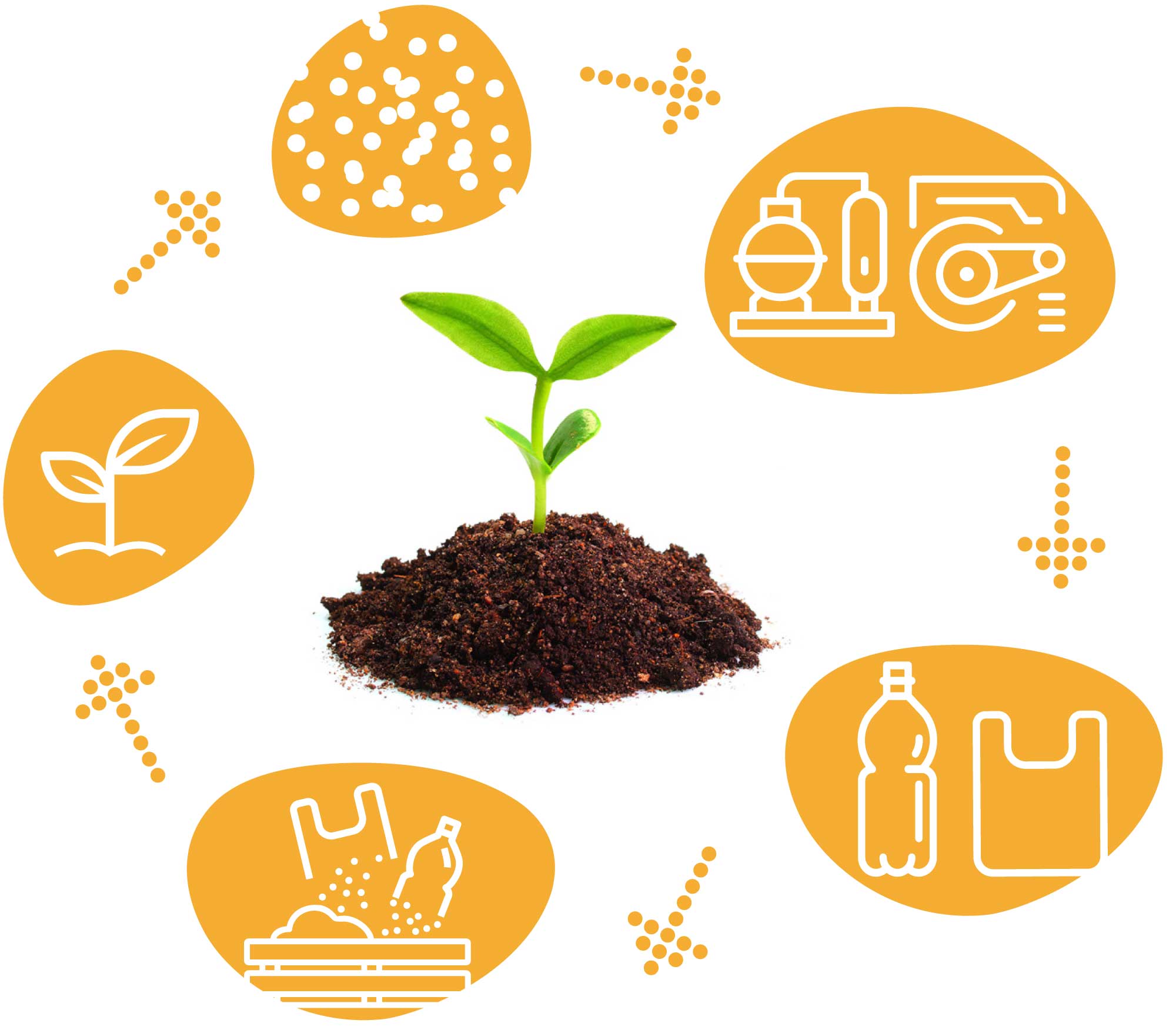
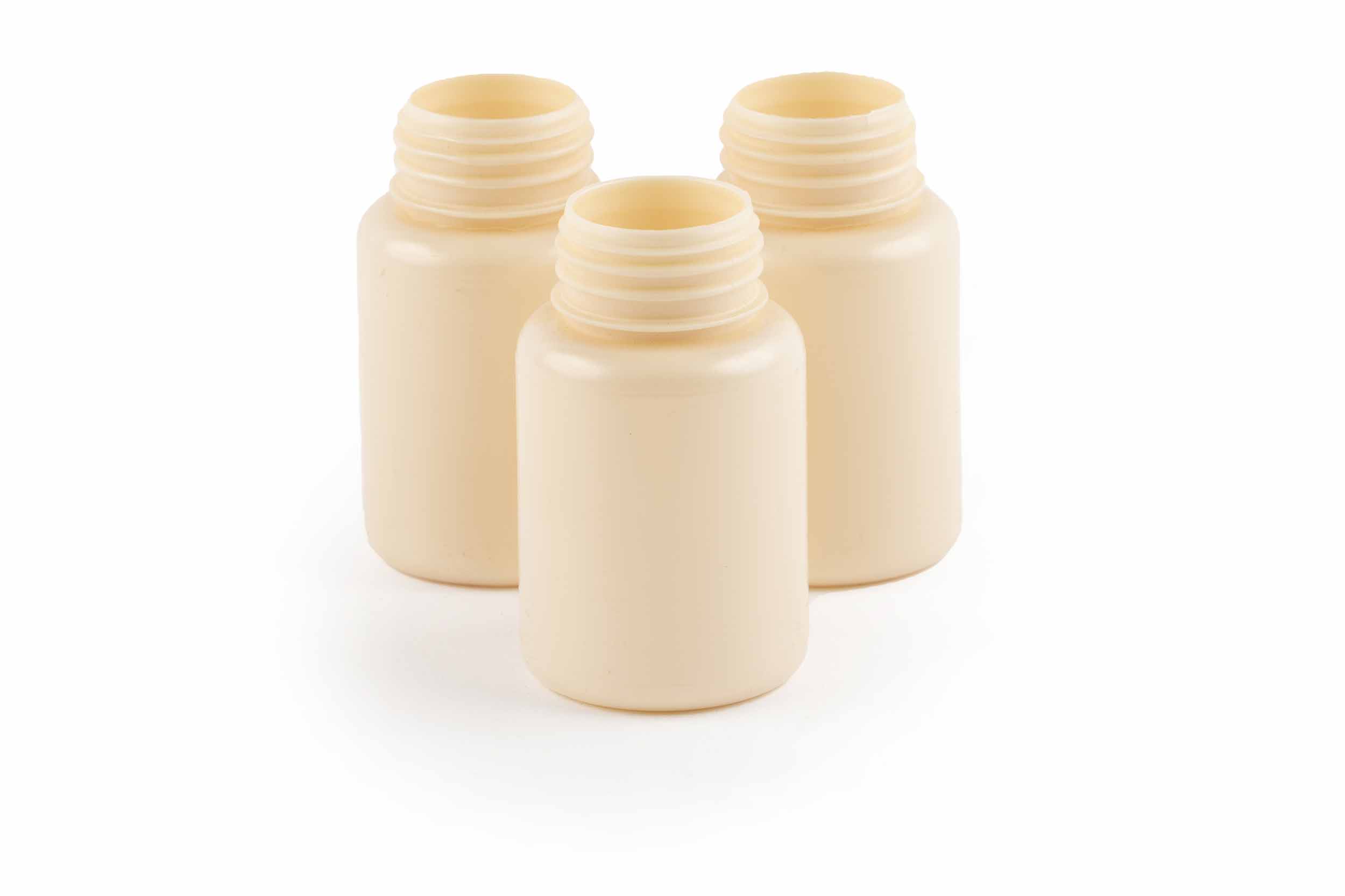
Three classes of a better future
NonOilen´s® properties are modifiable to some extent. Our customers determine, what kind of product would be produced. Read more about the individual classes of NonOilen.